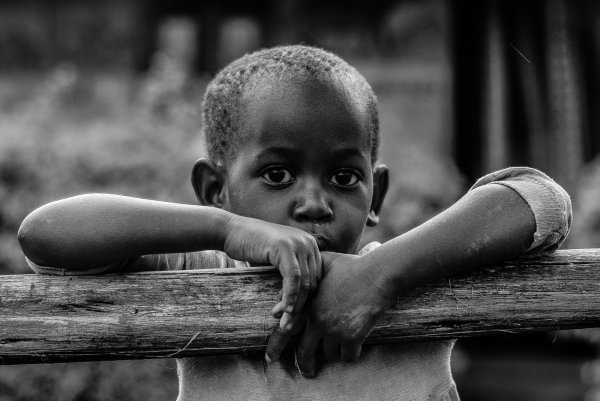
The High Representative of the Union for Foreign Affairs and Security Policy, Josep Borrell, and the Special Representative of the Secretary-General of the United Nations on the issue of children and armed conflict, Virginia Gamba, released a joint statement on the International Day against the Use of Child Soldiers, reaffirming their commitment to prevent the recruitment of children and assure both their liberation and reintegration into society.
In this text, Borrell and Gamba lamented that, “despite global commitments and efforts” to prevent recruitment, “children around the world continue to suffer from the consequences of conflicts and are still being used as expendable fuel of war”. They also highlighted that “education is crucial” to avoid this situation.
In this regard, they noted how “insecurity prevents thousands of children from accessing quality education and health care while schools and hospitals continue to be targeted”. Lastly, they have condemned the fact that, despite being victims, “children remain unlawfully in detention for their alleged or actual association with armed forces and groups”.
Poverty and the lack of opportunities, whose impact has been aggravated by the COVID-19 pandemic, increase “push and pull factors for child recruitment and use by armed forces and armed groups as well as sexual violence or abduction”. Moreover, education opportunities, already disrupted by war and displacement, “are further vanishing”, according to Gamba and Borrell.
These authorities emphasised that “no one has the right to steal children’s dreams or their innocence”, highlighting the “key” role of children in building a present and a future “where peace will prevail”, affirming that “it is our responsibility to enable them to be such agents of change.”
The protection of children in armed conflicts is a priority for the EU. The EU’s Action Plan on Human Rights and Democracy (2020-2024), adopted in November of 2020, lays out concrete objectives to do so. This political promise is backed by humanitarian and development projects, including in Colombia, Myanmar, Nigeria, Pakistan, Somalia, South Sudan, Syria, and Yemen. These projects contribute to preventing and responding to violence, offering psychosocial support, helping in family tracing and reunification, and supporting the liberation and reintegration of children associated with armed forces and groups. In recognition of the key role of education, the EU assigns 10% of its humanitarian aid budget to education in emergency zones across the world, amounting to €115 million in 2020.
The upcoming EU strategy on the rights of the child, headed by the Vice-President of the European Commission in charge of Demography and Democracy, Dubravka Šuica, will cover both internal and external action. It will include actions to prevent and respond to violence against children, both within the EU and ona global scale, including in conflict situations.